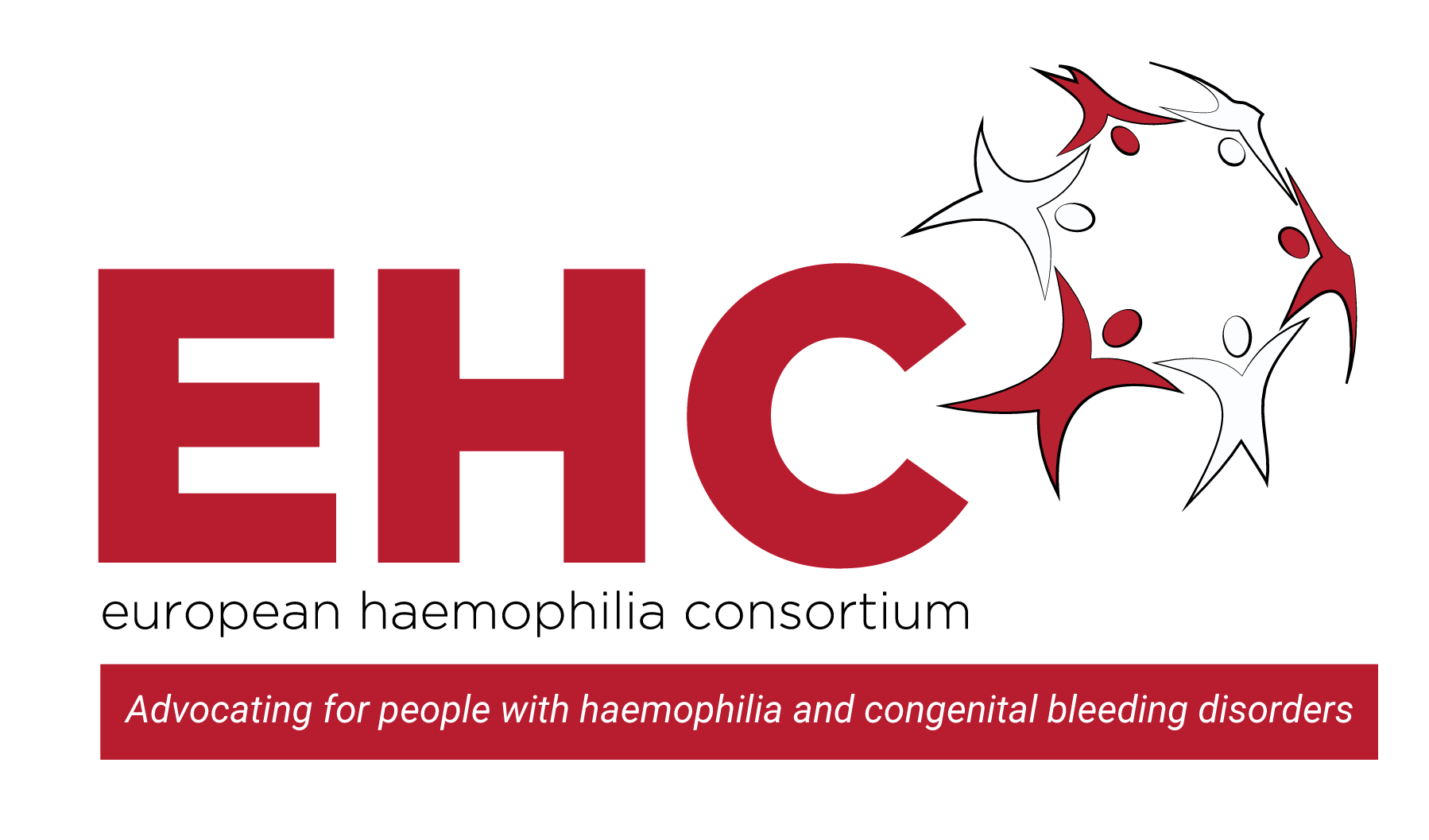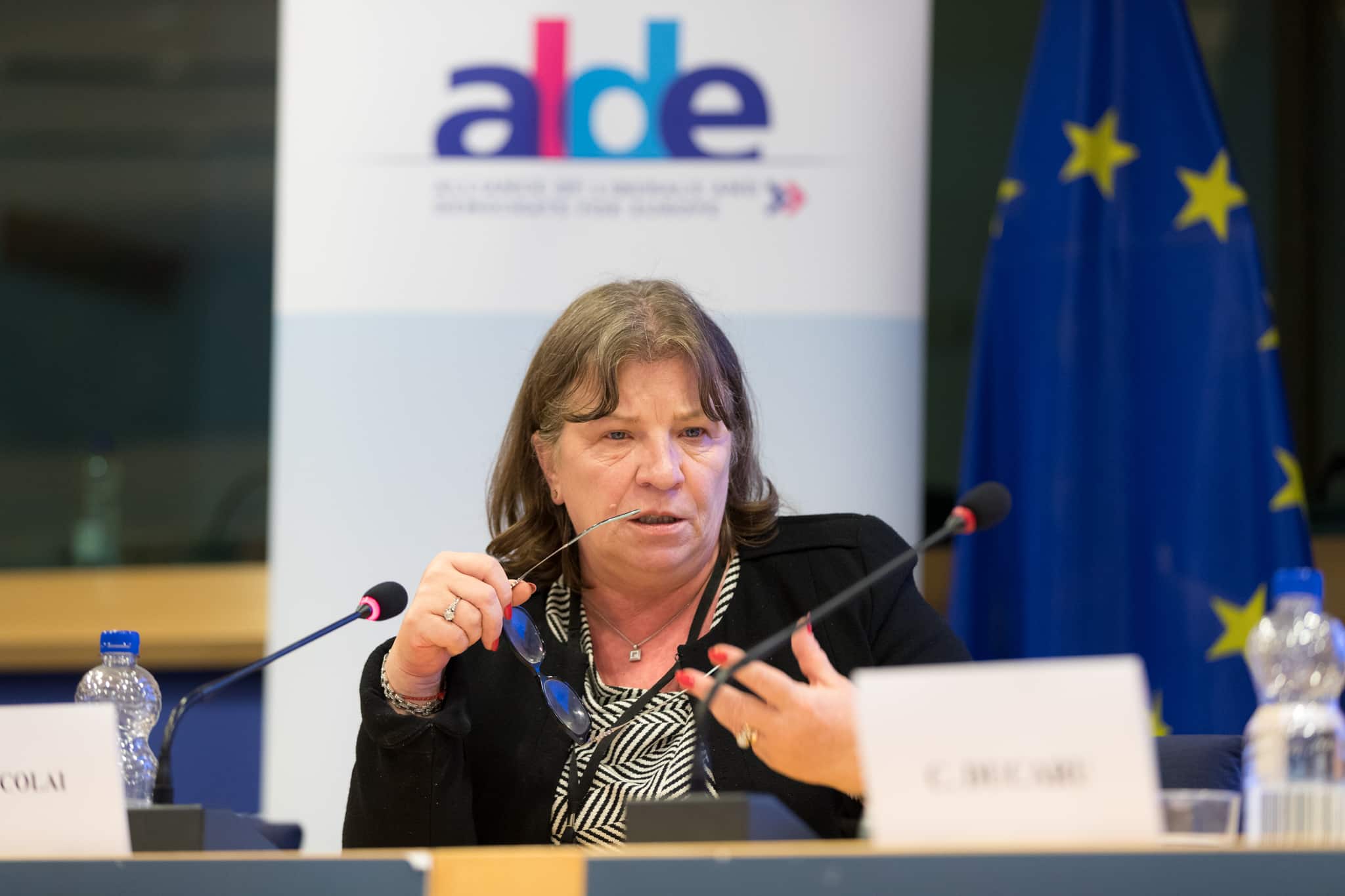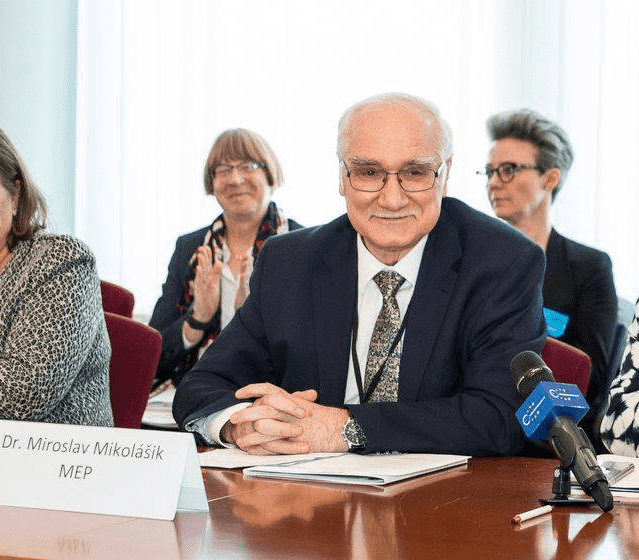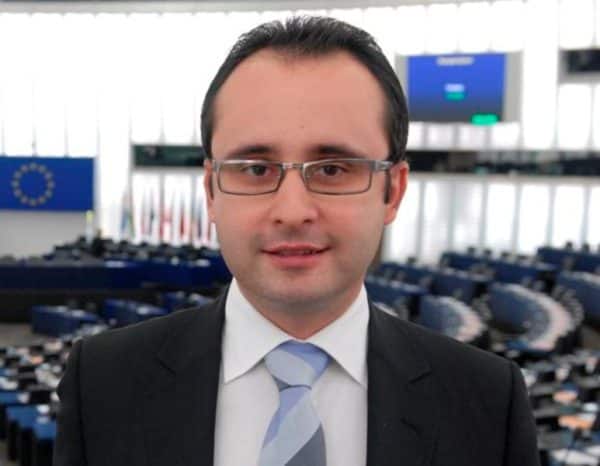On 29 April 2015, the Court of Justice of the European Union released a judgement on Case C-528/13 Geoffrey Léger versus the French Ministry of Health and the French Blood Establishment.
The case started in 2009 when Mr Léger was turned down for blood donation, based on the fact that he had sexual relations with another men. At the time France had in place a permanent deferral for men who have sexual relations with other men (MSM): this defarral was lifted on 3 April 2015 by the French Parliament. Following this experience, Mr Léger decided to start a legal procedure against the French government and the French Blood Establishment. The administrative tribunal of Strasbourg, in charge of the case, asked for legal advice to the European Court of Justice (ECJ), which released its judgement in April.
The ECJ stated that the French Tribunal should first establish whether, based on the latest scientific, medical and epidemiological data, the MSM population in France is more at risk of contracting and transmitting infectious diseases such as HIV. The ECJ then explained that even if the MSM population is more at risk of transmitting infectious diseases, the French Tribunal needs to establish whether imposing a permanent deferral for the MSM population does not infringe the European principle of non-discrimination on the basis of sexual orientation. Finally, the ECJ stated that the French tribunal needs to establish if France has effective techniques to detect HIV so that recipients are ensured a high level of protection, however if these techniques do not exist in France, the French Tribunal will have to verify whether there are either less onerous techniques or whether the donor questionnaire coupled with the donor interview with a healthcare professional can identify high risk sexual behaviours accurately before resorting to permanent deferal for MSM donors.
Although the ruling seems to stress the importance of the transfusions’ recipients safety, it also gives a lot of weight to the European principle of non-discrimination on the basis of sexual orientation. The ECJ is asking to use permanent deferral based on sexual orientation as a last resort and only once all other blood safety safeguards such as blood testing, donor questionnaires and interviews with a healthcare professional cannot ensure a high level of human health protection. Furthermore, the ECJ judgement establishes that the MSM population should not be automatically deferred even if current epidemiological, scientific and medical data points to the MSM population being at a higher risk of contracting infectious diseases such as HIV. Deferral is seen as a last resort if all other safety safeguards cannot guarantee recipients’ safety.
Earlier in March, the European Haemophilia Consortium (EHC) published a position statement on blood donation and MSM. The document was circulated to all EHC national member organisations (NMOs) as well as to the parties taking part in the meeting of the National Competent Authorities for Blood and Blood Components. This is a meeting organised twice a year by the European Commission and bringing together national authorities responsible for Blood and Blood components.
The EHC will continue to monitor the application of the judgement in France.
The full judgement can be found here and an official summary can be found here.





 Jim is aged 66 and has Haemophilia A with a high titer inhibitor which he developed at age 14.
Jim is aged 66 and has Haemophilia A with a high titer inhibitor which he developed at age 14. Maria Elisa Mancuso (MD, PhD) is a Haematologist and works as a Senior Haematology Consultant at the Center for Thrombosis and Haemorrhagic Diseases of IRCCS Humanitas Research Hospital in Rozzano, Milan, Italy. She is Adjunct Clinical Professor at Humanitas University. She obtained a post-degree in Clinical and Experimental Haematology and a PhD in Clinical Methodology. She is involved in clinical research and has published several original articles in peer-reviewed journals a The Lancet, Blood, Journal of Thrombosis and Haemostasis, Haematologica, Thrombosis and Haemostasis, British Journal of Haematology and Haemophilia. She is reviewer for several peer-reviewed journals and member of the Editorial Board of JTH. She is a member of several scientific societies (ISTH, WFH, ASH, EAHAD, SISET, AICE) and was a medical member of the Inhibitor Working Group of the European Hemophilia Consortium. She is co-chair of the ADVANCE Study Group. She has acted also as co-chair of the Scientific and Standardization Subcommittee of ISTH on FVIII, FIX and rare bleeding disorders. She has been involved as principal and co-investigator in several clinical trials, and she takes care of both children and adults with hemophilia and other congenital bleeding disorders with a specific scientific interest in novel therapies, prophylaxis, inhibitors, and chronic hepatitis C.
Maria Elisa Mancuso (MD, PhD) is a Haematologist and works as a Senior Haematology Consultant at the Center for Thrombosis and Haemorrhagic Diseases of IRCCS Humanitas Research Hospital in Rozzano, Milan, Italy. She is Adjunct Clinical Professor at Humanitas University. She obtained a post-degree in Clinical and Experimental Haematology and a PhD in Clinical Methodology. She is involved in clinical research and has published several original articles in peer-reviewed journals a The Lancet, Blood, Journal of Thrombosis and Haemostasis, Haematologica, Thrombosis and Haemostasis, British Journal of Haematology and Haemophilia. She is reviewer for several peer-reviewed journals and member of the Editorial Board of JTH. She is a member of several scientific societies (ISTH, WFH, ASH, EAHAD, SISET, AICE) and was a medical member of the Inhibitor Working Group of the European Hemophilia Consortium. She is co-chair of the ADVANCE Study Group. She has acted also as co-chair of the Scientific and Standardization Subcommittee of ISTH on FVIII, FIX and rare bleeding disorders. She has been involved as principal and co-investigator in several clinical trials, and she takes care of both children and adults with hemophilia and other congenital bleeding disorders with a specific scientific interest in novel therapies, prophylaxis, inhibitors, and chronic hepatitis C. As a patient with factor II deficiency, the diagnostic and treatment of rare bleeding disorders is a matter dear to my heart. My motivation to participate in the work of the ERIN committee is to improve both diagnostic and treatment for patients with rare bleeding disorders across Europe.
As a patient with factor II deficiency, the diagnostic and treatment of rare bleeding disorders is a matter dear to my heart. My motivation to participate in the work of the ERIN committee is to improve both diagnostic and treatment for patients with rare bleeding disorders across Europe. Economist and financial expert by profession, executive coach and trainer by passion and haemophilia advocate by every drop of my blood through my son (who has severe haemophilia A with inhibitors). Bringing a good decade of practical experience from the corporate insurance world, laser focus, growth mindset and resilience from my own experience, offering you anything I can just do, in hope that together we can make life more fulfilled for those impacted by bleeding disorders.
Economist and financial expert by profession, executive coach and trainer by passion and haemophilia advocate by every drop of my blood through my son (who has severe haemophilia A with inhibitors). Bringing a good decade of practical experience from the corporate insurance world, laser focus, growth mindset and resilience from my own experience, offering you anything I can just do, in hope that together we can make life more fulfilled for those impacted by bleeding disorders. Amy Owen-Wyard is a Registered Mental Health Nurse. With experience working with children, young people, their families and adults with severe and enduring mental health conditions. Amy was also involved in a service improvement to provide a holistic care approach for those in general hospitals to support both their mental and physical health, whilst sharing her expertise and knowledge in mental health with the wider multidisciplinary team.
Amy Owen-Wyard is a Registered Mental Health Nurse. With experience working with children, young people, their families and adults with severe and enduring mental health conditions. Amy was also involved in a service improvement to provide a holistic care approach for those in general hospitals to support both their mental and physical health, whilst sharing her expertise and knowledge in mental health with the wider multidisciplinary team.








